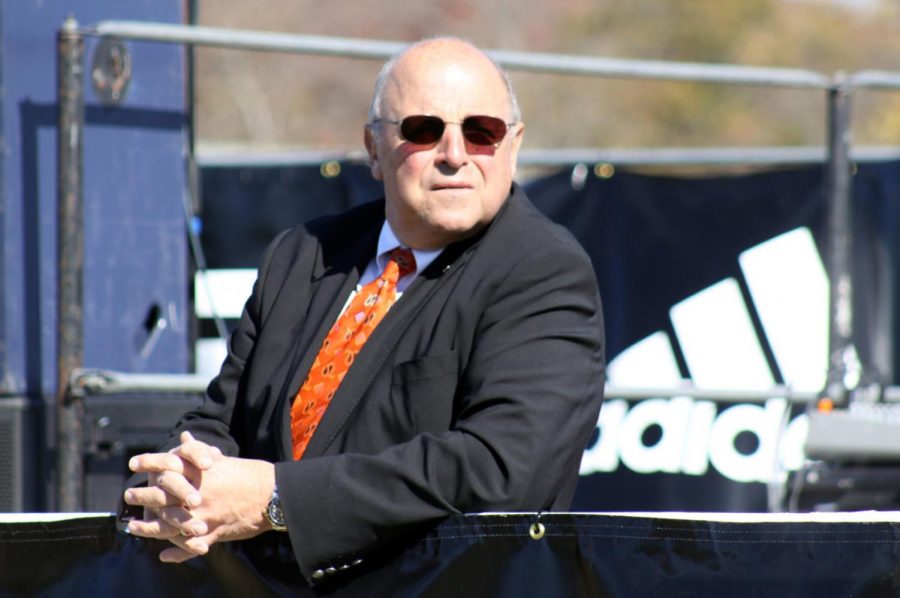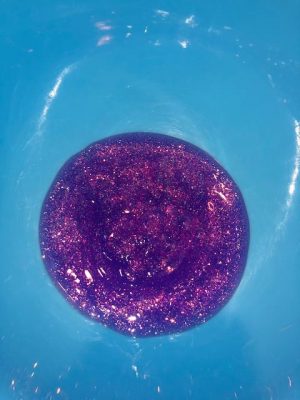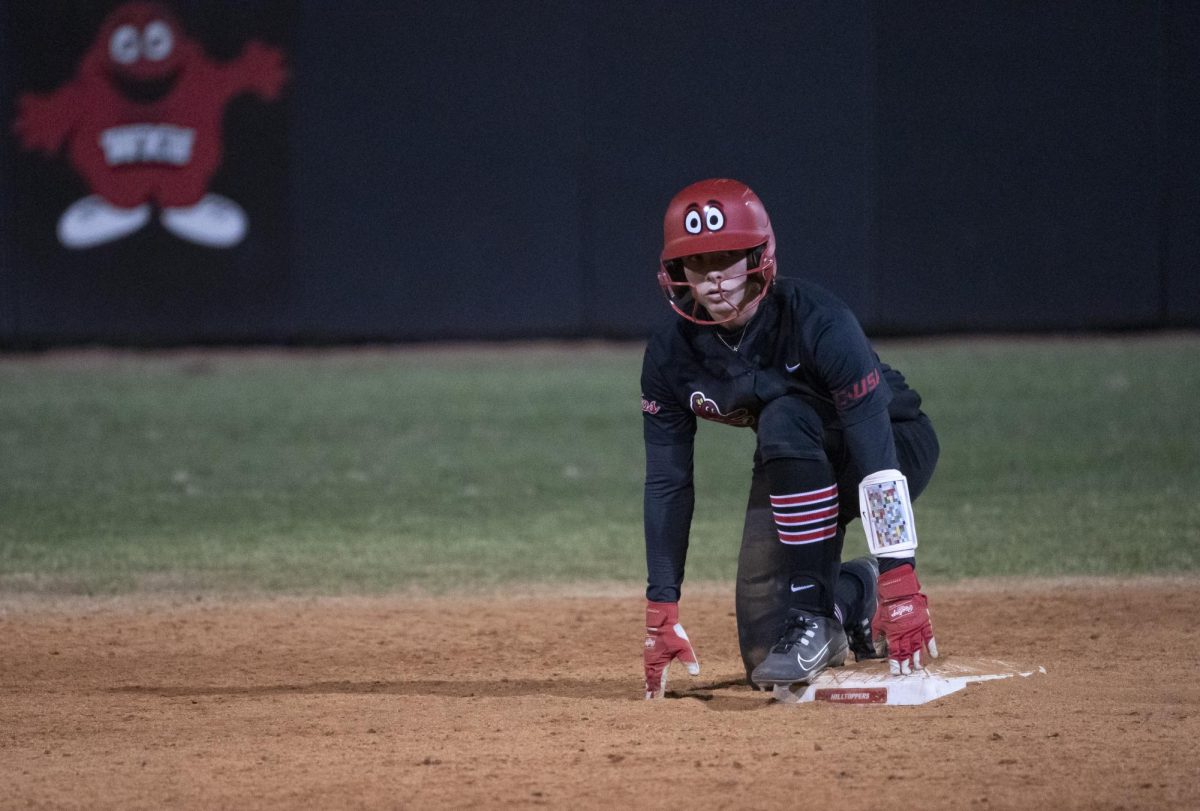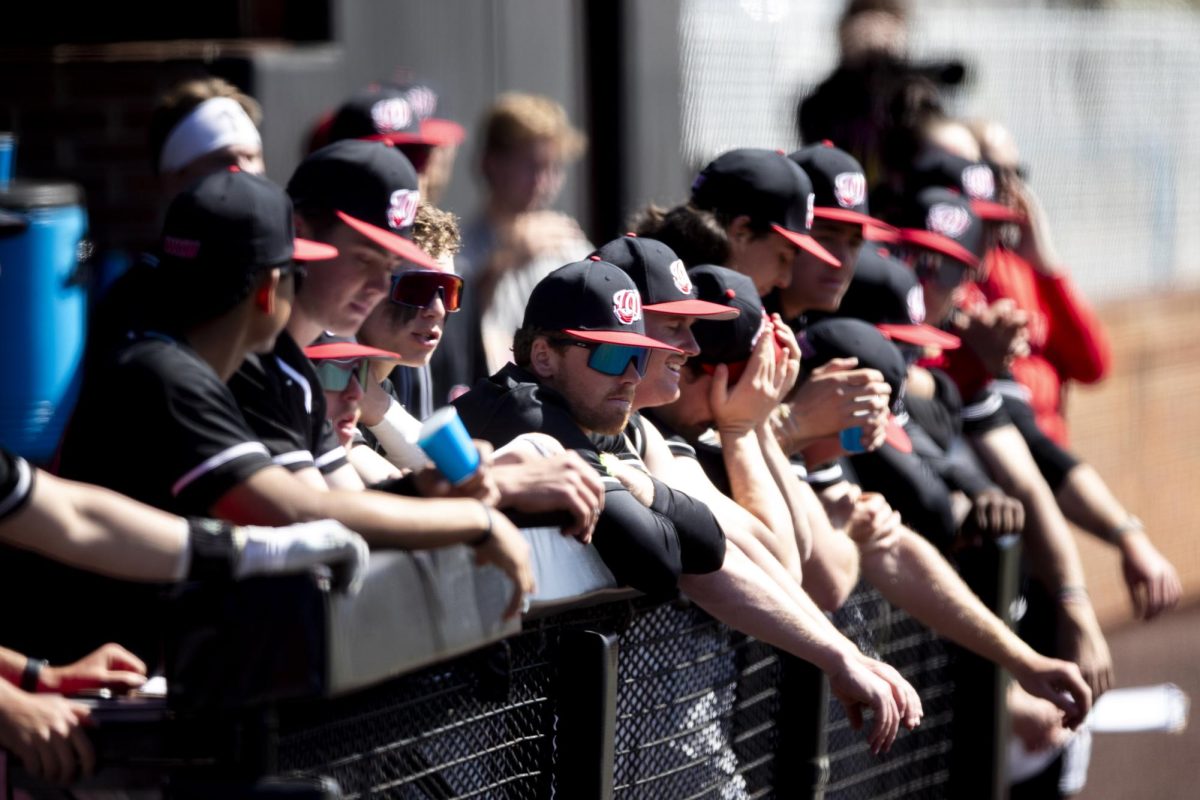The priorities Wisconsin’s next athletic director must address when they take over
April 7, 2021
The University of Wisconsin athletic department is changing leaders in a time of sweeping change in college athletics.
Barry Alvarez, UW’s athletic director for nearly 17 years, made it official Tuesday that he is retiring. Alvarez’s last day will be June 30.
UW Chancellor Rebecca Blank and the rest of UW’s administration will not only be trying to replace a person with three-plus decades of institutional knowledge, but a figure who has been integral in UW athletics raising its profile across the country in a number of sports.
We’ve already outlined some potential candidates for the position, but what does a new Badgers athletic director need to do when they take over? Let’s take a look at the priorities he/she must have once the transition is made.
Prepare for, accept NIL legislation
The most significant change coming to college athletics is players being able to earn money for use of their name, image and likeness. There have been NIL bills passed, introduced or explored by legislative committees in 36 states, as well as at least six bills proposed in the U.S. Congress. The U.S. Supreme Court heard arguments last week about collegiate athlete pay as well.
Wisconsin’s legislature has not introduced such a bill. Alvarez was publicly against NIL payments, but Blank has been an NCAA witness in Senate hearings asking for a federal law to govern NIL payments as opposed to state-by-state rulings.
With national momentum heading toward college athletes being compensated for their NIL, the next UW athletic director must have a plan for accepting that change and enforcing the rules that are established. While it may be months before the NIL issue is solved, UW’s next AD must have a plan for how the department will adjust to it.
Red Zone podcast: What does Barry Alvarez’s retirement mean for Wisconsin athletics?
Embrace student-athlete empowerment
UW is still in the middle of a reckoning of race issues on its campus, and student-athletes have been at the forefront of efforts to improve minority students’ experience at the university.
Badgers athletes led a campus protest last summer after a string of Black Americans were killed by police across the country, and they successfully petitioned the athletic department to wear the university’s crest with a black ‘W’ as a show of “support, inclusion and unity.”
A request for a scholarship fund for prospective students of color was not publicly responded to by UW, but it could be the starting point for the new AD to begin reaching out to athletes on campus. Increasing UW’s league-low presence of four members in the Big Ten Anti-Hate, Anti-Racism Coalition could also be a help.
Thanks for the memories: Share your thoughts on Barry Alvarez’s time at Wisconsin
Student-athlete empowerment also has an effect on the field of play. The NCAA appears set to open player movement by allowing student-athletes to transfer one time in their careers without sitting out a year. UW men’s basketball coach Greg Gard has said in the past he’s not a fan of the proposal, but he’s embraced it as part of college basketball’s landscape.
UW’s next AD must be able to guide the department’s programs through this new era and potentially help UW become a more enticing destination for transfers.
Improve diversity hiring
Marisa Moseley was hired as the women’s basketball coach last week, giving the department its only Black varsity coach. All but two of UW’s varsity coaches are white and, including Moseley, just six are women across 23 varsity programs.
College sports as a whole struggles in these areas. According to The Institute for Diversity and Ethics in Sport’s 2020 Racial and Gender Report Card of college sports, 13.6% of all Division I men’s teams are coached by a person of color and 4.2% by women; 16% of D-I women’s teams are led by a person of color and 41% of them by women.
Complete building projects
One of Alvarez’s goals throughout his tenure was to improve the facilities athletes use on a daily basis. The crown jewel of this push, the Stephen M. Bennett Student-Performance Center, was finished in 2014.
Two significant building projects — the south end zone renovation at Camp Randall Stadium and upgrades at the Kohl Center — will be important for the next athletic director to complete.
The budget outlook released last week decreased the projected shortfall caused by COVID-19 to $35 million, down from the nearly $100 million projection from this fall. The budget included plans to continue both of the aforementioned projects.
Push Badgers sports forward
Alvarez’s tenure saw the football and men’s basketball programs become one of the most consistent duos in the nation, setting a record with 16 consecutive years of earning bids to a bowl game and the NCAA tournament with him as coach or AD.
But despite three Big Ten Conference titles apiece in those sports in his time leading the department, neither team has been able to get over the hump and win a national championship. The 2015 men’s basketball team came closest, losing in the national title game to Duke.
Both programs suffered comparatively down years in 2020-21 but have brought in recruiting classes that should help them bounce back in the coming seasons. Saying an athletic director has to win a national championship is a high bar to set, but with the investments made into both, these programs should be shooting for lofty goals.
UW’s new AD must also find ways to push other sports like women’s basketball and wrestling to new heights as well.















